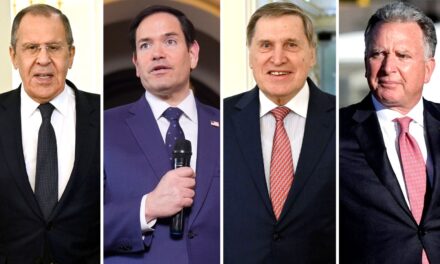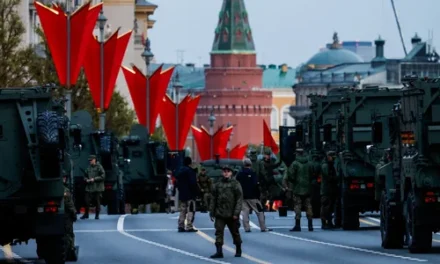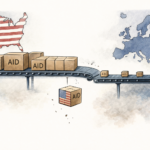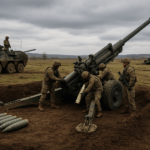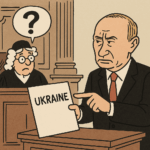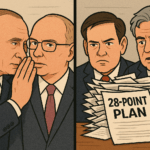On 9 July 2025, Europe’s top human rights tribunal, the European Court of Human Rights (ECHR), issued a landmark judgment that squarely attributes to the Russian Federation a pattern of grave and widespread abuses committed in Ukraine since 2014, including responsibility for the downing of Malaysia Airlines Flight MH17. In one of the largest inter-state cases the Court has ever handled, the Grand Chamber consolidated applications filed by Ukraine and the Netherlands and concluded that Russia bore responsibility for systemic violations across occupied Ukrainian territories—before the full-scale invasion, during it, and up to 16 September 2022, the date Russia exited the Council of Europe. The judges found credible evidence of arbitrary killings of civilians and prisoners of war, torture and unlawful detention, forced deportations, filtration practices, and policies aimed at erasing Ukrainian identity, including the forcible transfer of children. The judgment fixes these findings on the legal record notwithstanding Russia’s attempts to evade accountability. ECHR+1
The merged proceedings cover distinct but linked strands: abuses in Donbas starting in 2014; the abduction and illegal transfer of Ukrainian children to Russia; the Netherlands’ case concerning MH17; and gross violations during Russia’s full-scale invasion launched in February 2022. By confirming jurisdiction over events up to mid-September 2022, the Court underscored that Moscow remains answerable for conduct committed while bound by the European Convention on Human Rights. The ruling’s breadth—encompassing killings, torture, deportations, and repression of civic and cultural identity—presents a picture of state-directed, systemic wrongdoing rather than isolated incidents. Its conclusions dovetail with broader international concern and reinforce the legal foundations of complementary investigations and accountability efforts moving forward. ECHR
Although the judgment is binding for the period in which Russia was a Council of Europe member, practical enforcement will be contested given Moscow’s withdrawal and refusal to engage. Even so, the decision is pivotal: it authoritatively records Russia’s responsibility, strengthens evidentiary baselines for parallel proceedings, and clarifies that the deportation of children, filtration measures, and other abuses violate core Convention guarantees. United24’s report also notes that Russia declined to participate in the case and highlights a recent OSCE Parliamentary Assembly resolution urging continued military, financial, and humanitarian support for Ukraine—signals that the legal and political momentum behind accountability is intensifying.



